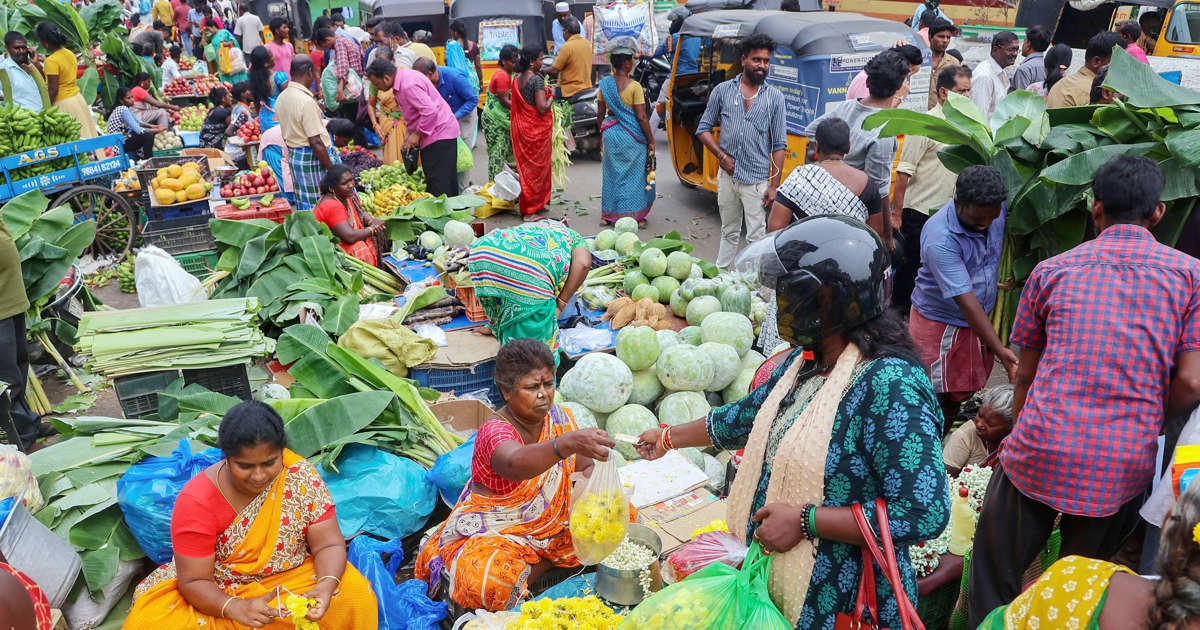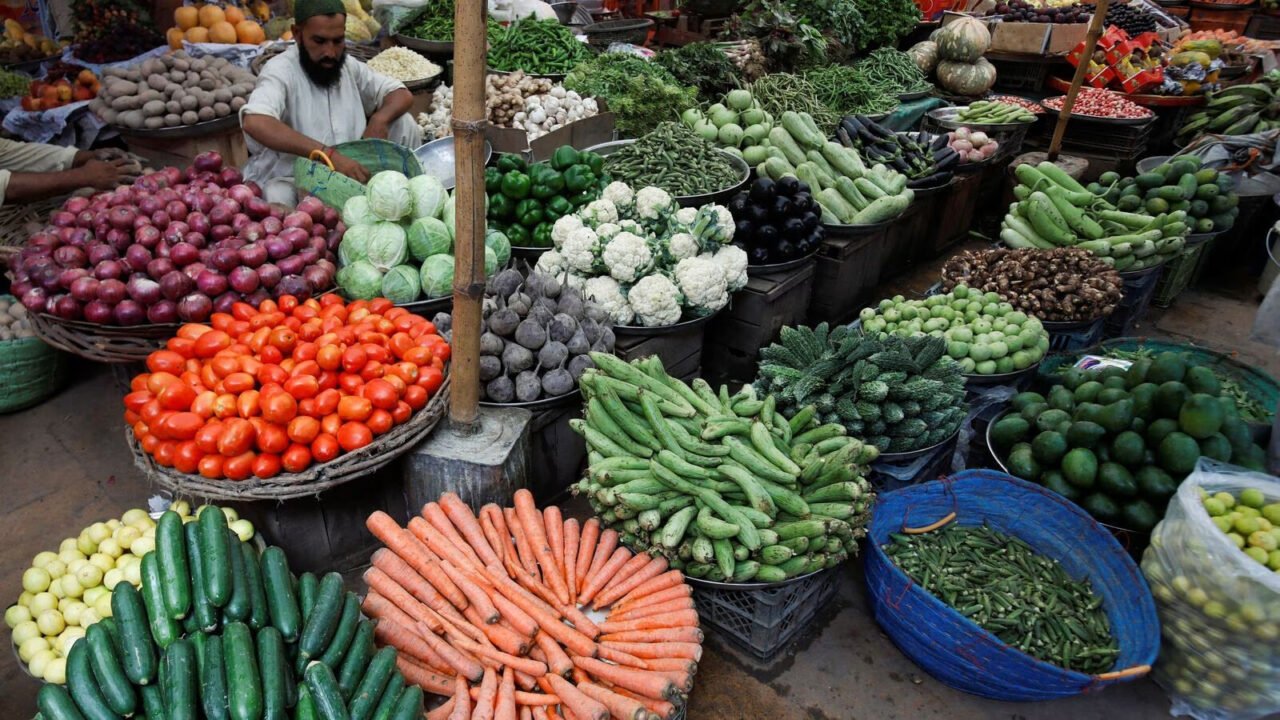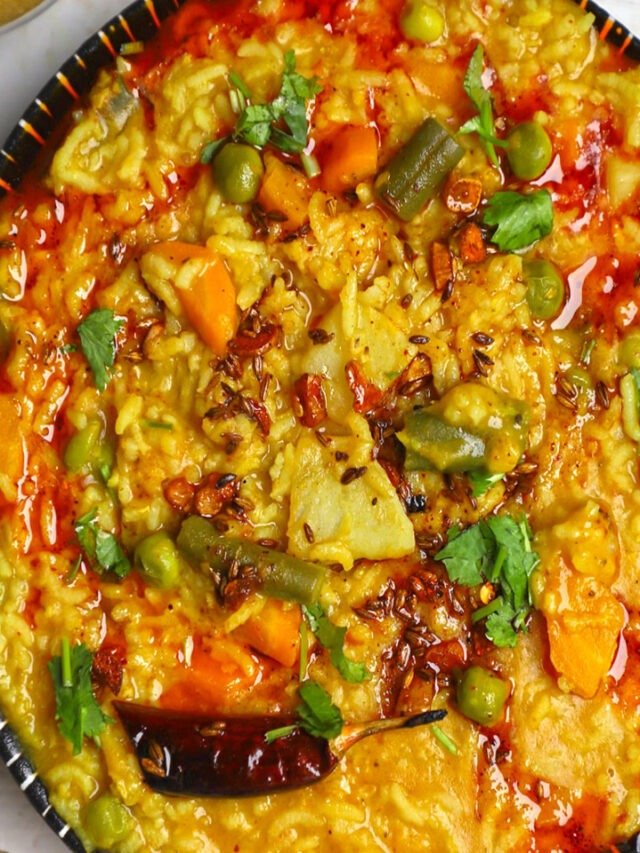New Delhi, May 15 (PTI): Wholesale prices in India fell for the first time in almost three years in April, as softening global commodity prices brought down food, fuel, and other input costs for producers.
WPI inflation has been on a declining trend for the last 11 months and came in at (-) 0.92 per cent in April.
This is the lowest level of wholesale price index (WPI) since June 2020, when inflation was at (-) 1.81 per cent.
A negative WPI inflation, technically termed as deflation, means that overall wholesale prices have been falling year-on-year.
The high base at 15.38 per cent in April 2022, also contributed to the decline in wholesale inflation in April this year.
“Decline in the rate of inflation in April, 2023 is primarily contributed by fall in prices of basic metals, food products, mineral oils, textiles, non-food articles, chemical & chemical products, rubber & plastic products and paper & paper products,” the commerce and industry ministry said on Monday.
WPI inflation was at 1.34 per cent in March.
April also saw easing in prices across commodities — food, non-food, fuel and power, and manufactured items.
Inflation in food articles eased to 3.54 per cent in April, against 5.48 per cent in March.
In the food articles category, prices of cereals, wheat, fruits, milk and egg, meat and fish declined over the previous month.
Inflation in vegetables was (-) 1.50 per cent, potato (-) 18.66 per cent, onion (-)18.41 per cent and wheat was at 7.27 per cent in April 2023.
Fuel and power basket inflation eased to 0.93 per cent in April from 8.96 per cent in March. In manufactured products, inflation was (-) 2.42 per cent, as against 0.77 per cent in March.
The deceleration in WPI comes in line with the easing of April retail inflation which came in at an 18-month low of 4.70 per cent.
Barclays in a research note said it expects WPI inflation to continue to moderate as easing commodity prices drive input costs lower.
“We think the moderation in retail inflation (which we expect to continue) suggests a pause is likely in the next Monetary Policy Committee (MPC) meeting in August. Easing wholesale price pressures indicate that input price inflation is also easing,” Barclays said.
Last month, the RBI paused its interest rate hike, holding the benchmark rate at 6.50 per cent. It projected retail inflation to average 5.2 per cent in current fiscal year.
The next three-day meeting of RBI’s monetary policy committee is scheduled on June 6-8.
CareEdge Ratings Chief Economist Rajani Sinha said the deflationary trend is expected to continue for the next 2-3 months with the full-year WPI inflation averaging in the range of 1-2 per cent.
“A lower WPI print could help in pulling retail inflation down with its lagged impact on the core CPI inflation,” Sinha said.
Ladderup Wealth Management MD Raghvendra Nath said the fall in WPI is likely to have a positive impact on retail prices as well in terms of cooling them down.












